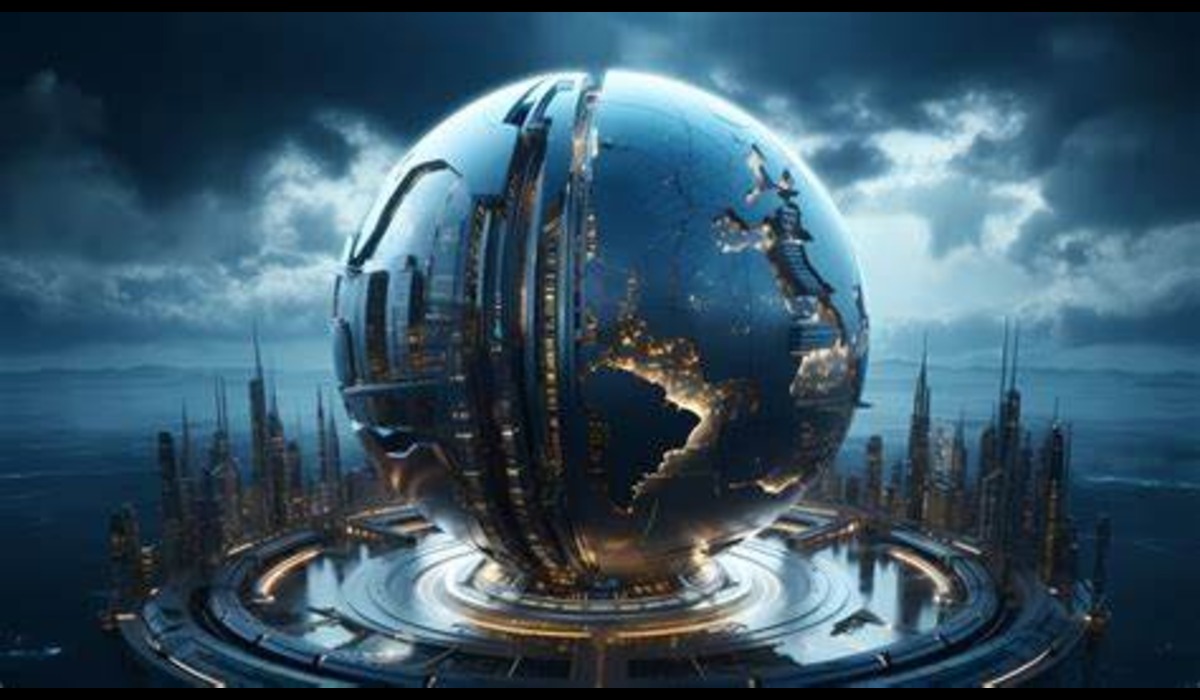Introduction
The term “Élita” often evokes notions of high social status, influence, and authority. It is derived from the Latin “electus,” meaning “chosen” or “selected,” and has been used to denote the upper echelons of society throughout history. This article explores the concept of Élita, tracing its origins, manifestations in various societies, and its impact on contemporary culture.
Historical Origins
The concept of an elite or Élita can be traced back to ancient civilizations. In Rome, the elite class consisted of the patricians who held political power and social prestige. This class was distinct from the plebeians, who were commoners with limited political rights. The Roman elite was known for their wealth, influence, and political connections, which they used to maintain their privileged status.
Similarly, in ancient Greece, the term “aristocracy” was used to describe the rule of the elite. The Greek elite were often landowners and military leaders who had significant control over political and economic decisions. The aristocratic class in Greece was characterized by its hereditary nature, with power typically passing through noble families.
Medieval Élita
During the medieval period in Europe, the concept of Élita evolved into a feudal system where the elite were the nobility and clergy. The nobility consisted of landowners who controlled vast estates and had significant influence over local and regional politics. The clergy, particularly the higher-ranking members of the Church, also held substantial power and were considered part of the elite.
The medieval elite were often defined by their lineage, wealth, and control over land. They enjoyed privileges such as tax exemptions and had a significant role in governance. The concept of chivalry, with its code of conduct for knights, was also a reflection of the values and ideals of the medieval elite.
Renaissance and Enlightenment
The Renaissance period marked a shift in the concept of Élita. With the rise of humanism and a renewed focus on individual achievement, the elite began to be defined not only by their hereditary status but also by their intellectual and artistic contributions. The Renaissance elite included patrons of the arts, scholars, and influential thinkers who contributed to the cultural and intellectual flourishing of the time.
The Enlightenment further transformed the concept of Élita by emphasizing reason, science, and progress. The Enlightenment elite included philosophers, scientists, and intellectuals who challenged traditional structures of power and advocated for social and political reforms. Figures such as Voltaire, Rousseau, and Montesquieu were central to this intellectual elite, shaping modern ideas about democracy and human rights.
Modern Élita
In the modern era, the notion of Élita has continued to evolve. The Industrial Revolution brought about significant changes, with economic power shifting to industrialists and business magnates. The rise of capitalism created a new class of elite individuals who accumulated wealth through industrial and commercial ventures.
In contemporary society, the concept of Élita is often associated with various spheres such as politics, business, academia, and entertainment. Political elites include high-ranking officials and leaders who shape national and international policies. Business elites are influential figures in the corporate world, often controlling major enterprises and financial institutions. Academia and cultural elites are recognized for their contributions to knowledge and the arts.
Social and Cultural Impact
The impact of the Élita on society and culture is profound. Historically, the elite have played a crucial role in shaping social norms, values, and institutions. Their influence extends to various aspects of life, including politics, economics, and cultural production.
In politics, the elite often have the power to influence policy decisions and governance. Their decisions can have far-reaching consequences for society, affecting everything from economic development to social justice.
In economics, the elite control significant resources and have the ability to shape markets and industries. Their economic power can impact wealth distribution and contribute to social inequalities.
In culture, the elite often set trends and establish standards of taste and aesthetics. Their patronage of the arts and involvement in cultural production can shape public perception and cultural values.
Criticisms and Challenges
The concept of Élita is not without its criticisms. The concentration of power and wealth among the elite can lead to social and economic inequalities. Critics argue that the elite often act in their own interests rather than those of the broader society, leading to issues such as corruption, nepotism, and exclusion.
In democratic societies, there is a constant tension between the elite and the general population. The elite are sometimes viewed as out of touch with the needs and concerns of ordinary people. Efforts to address these issues include reforms aimed at increasing transparency, accountability, and representation.
Conclusion
The concept of Élita has evolved over centuries, reflecting changes in society, politics, and culture. From ancient Rome and Greece to the modern world, the elite have played a significant role in shaping human history. While the elite have contributed to advancements and cultural enrichment, their influence also raises important questions about power, inequality, and representation.
As societies continue to evolve, the notion of Élita will likely continue to change, reflecting new dynamics and challenges. Understanding the historical and cultural significance of the elite helps us navigate these complexities and strive for a more equitable and just society.










